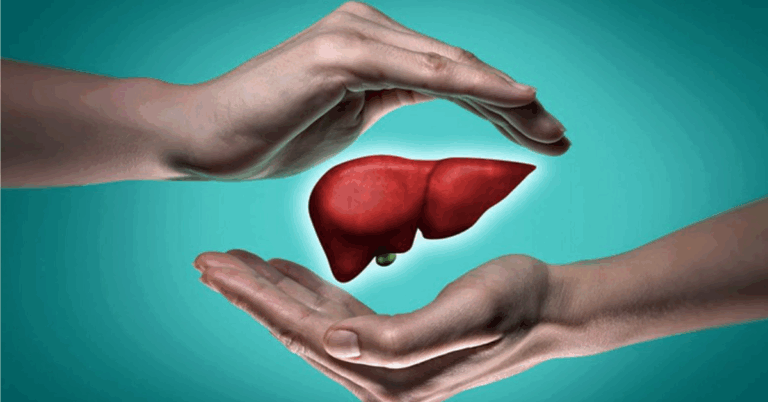Nutrigenomics: Customizing Diets Based on Genetic Makeup
Genetic variation plays a significant role in how individuals respond to different diets. Certain genetic variations can impact how efficiently the body processes and utilizes nutrients from food. For example, a person’s genetic makeup can influence their ability to metabolize carbohydrates, fats, and proteins, which in turn can affect their nutritional requirements and overall health.
Moreover, genetic differences can also affect how individuals respond to specific dietary components, such as sodium, caffeine, or sugar. Some people may be more sensitive to the effects of these substances due to their genetic makeup, leading to varied reactions and potential health implications. Understanding the interplay between genetics and diet is crucial in developing personalized nutrition plans that take into account individual genetic factors to optimize health outcomes.
• Genetic variation impacts how efficiently the body processes and utilizes nutrients
• Different genetic variations can affect metabolism of carbohydrates, fats, and proteins
• Genetics can influence individual sensitivity to dietary components like sodium, caffeine, or sugar
• Personalized nutrition plans should consider genetic factors for optimal health outcomes
The Role of Genes in Nutrient Metabolism
Genes play a crucial role in how our bodies metabolize nutrients. Variations in specific genes can impact how we process and utilize essential vitamins, minerals, and macronutrients. For example, certain genetic variants can affect the absorption of key nutrients such as vitamin D, folate, and omega-3 fatty acids. This can lead to differences in nutrient levels in the body and influence overall health outcomes.
Understanding the interaction between genes and nutrient metabolism is vital for personalized nutrition recommendations. By identifying genetic variations that affect nutrient metabolism, individuals can make informed choices about their diet and lifestyle to optimize their health. Genetic testing for nutrient metabolism can provide valuable insights into how our bodies process different nutrients, allowing for targeted interventions to support overall well-being.
Understanding Genetic Testing for Nutrition
Genetic testing for nutrition has gained popularity in recent years as people seek personalized dietary recommendations based on their genetic makeup. By analyzing an individual’s genetic variants related to nutrient metabolism, these tests provide insights into how the body processes certain vitamins, minerals, and macronutrients. This information can help individuals fine-tune their diets to optimize nutrient absorption and utilization, potentially improving overall health and well-being.
With genetic testing for nutrition, individuals can uncover genetic predispositions that may influence their responses to certain dietary components. For example, some genetic variations may impact how efficiently the body metabolizes carbohydrates, fats, or proteins. By understanding these genetic factors, individuals can tailor their diet to better match their body’s specific needs, aiming for improved nutrient absorption and overall nutrient balance.
What is genetic testing for nutrition?
Genetic testing for nutrition is a process that involves analyzing your DNA to understand how your genes may impact your body’s response to certain nutrients and dietary factors.
How can genetic variation impact your diet?
Genetic variation can influence how your body processes and metabolizes nutrients, such as vitamins, minerals, and macronutrients. This can affect your individual nutritional needs and how your body responds to different dietary patterns.
What is the role of genes in nutrient metabolism?
Genes play a significant role in nutrient metabolism by influencing how your body absorbs, transports, and utilizes nutrients. Genetic variations can impact enzyme activity, hormone production, and other biological processes that are involved in converting nutrients into energy and building blocks for your body.
How can understanding genetic testing for nutrition help improve your health?
By understanding how your genes may influence your nutritional needs and metabolism, you can make more informed decisions about your diet and lifestyle. This knowledge can help you personalize your nutrition plan, optimize nutrient intake, and potentially prevent or manage certain health conditions.
Is genetic testing for nutrition necessary for everyone?
Genetic testing for nutrition is not necessary for everyone, but it can be beneficial for individuals who are looking to optimize their health through personalized nutrition. If you have specific health concerns, dietary preferences, or a family history of certain conditions, genetic testing may provide valuable insights into how your genes impact your nutritional requirements.







